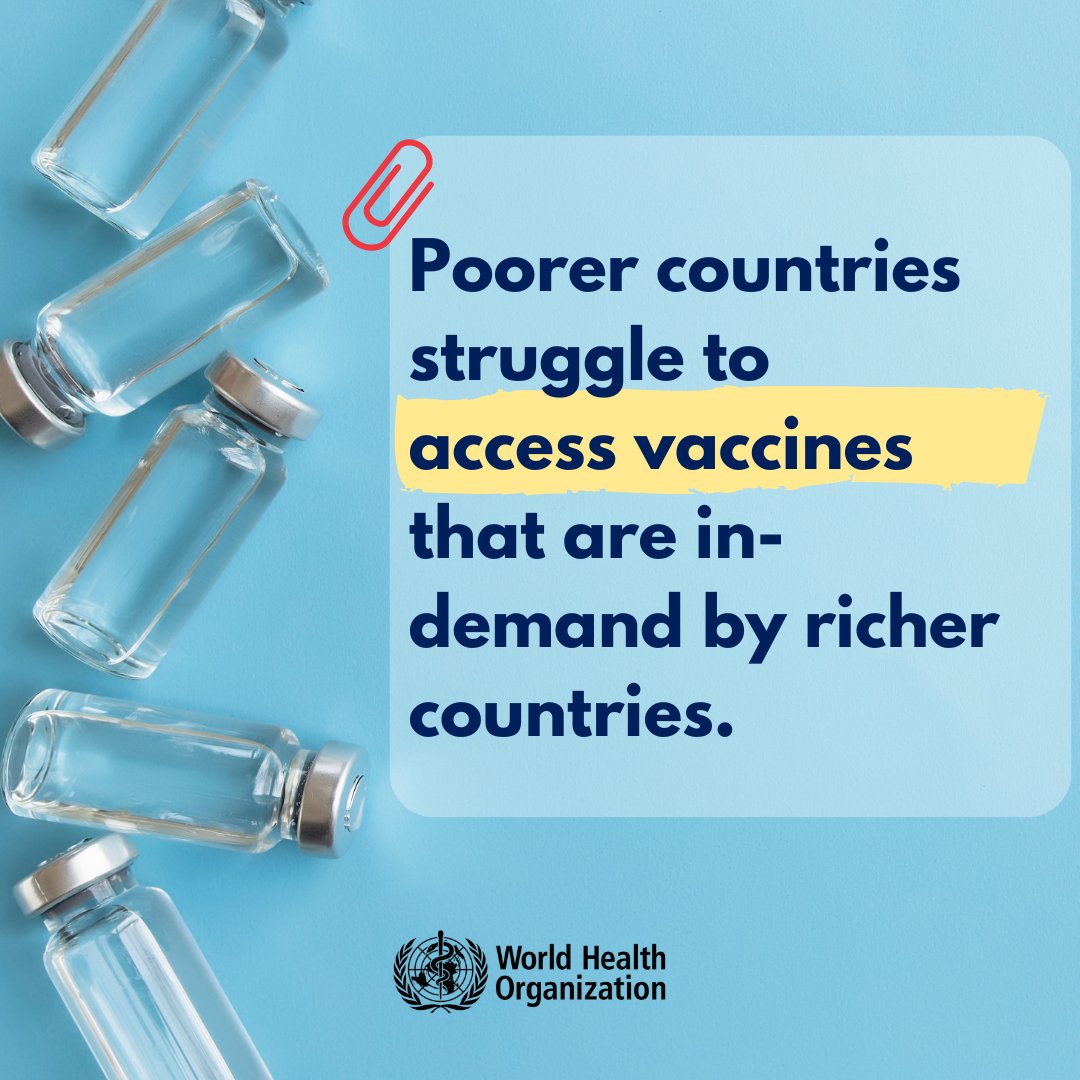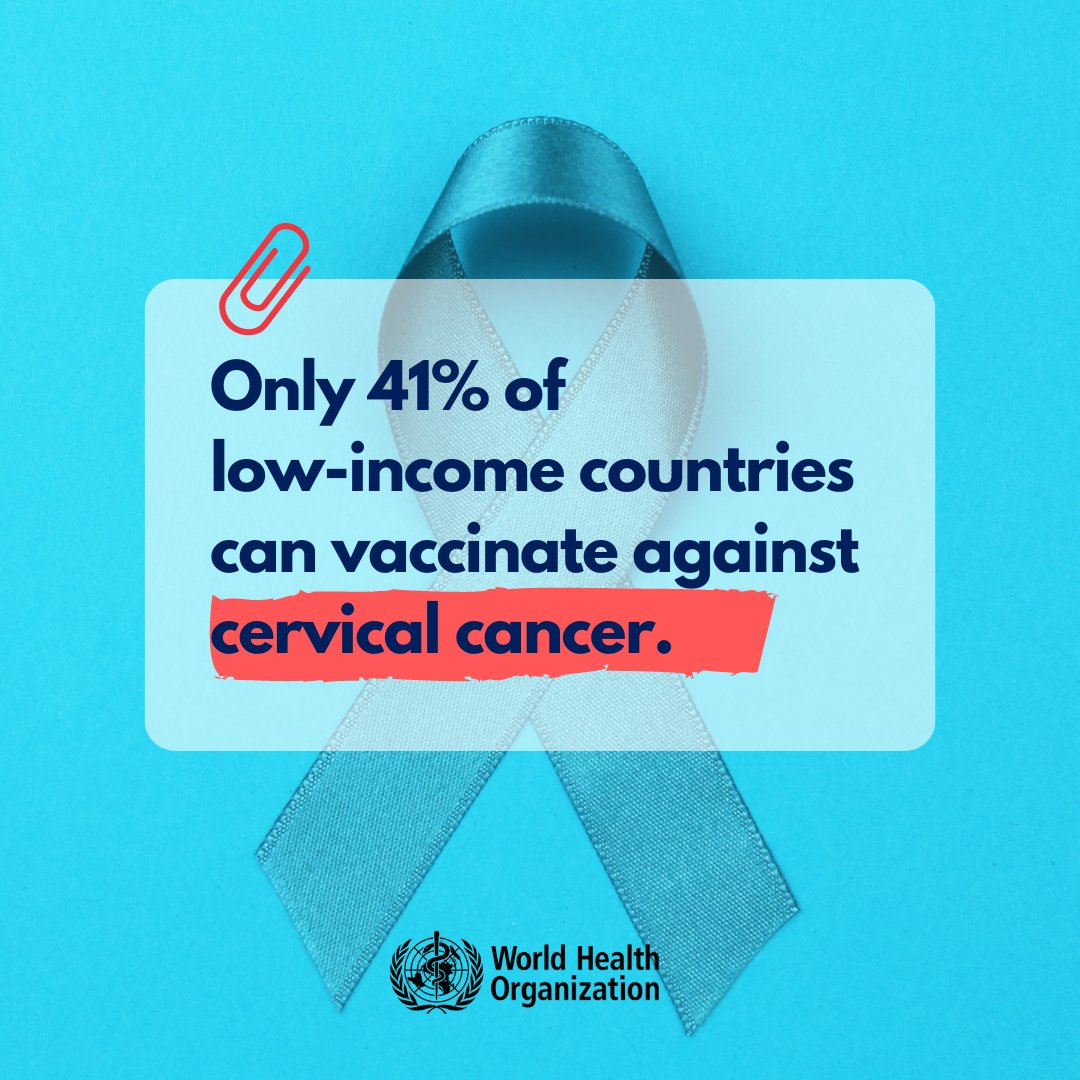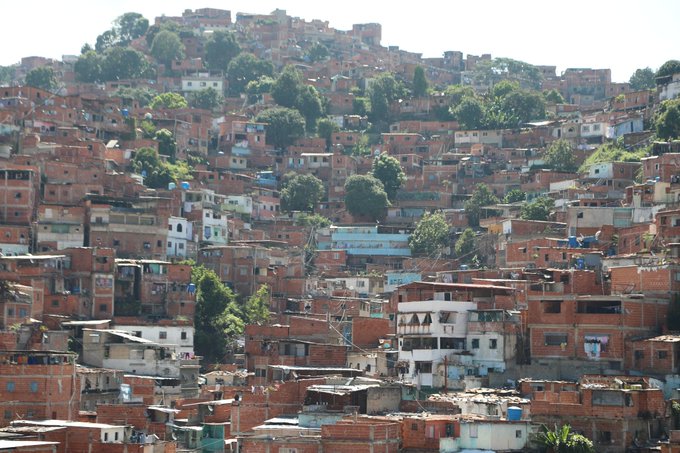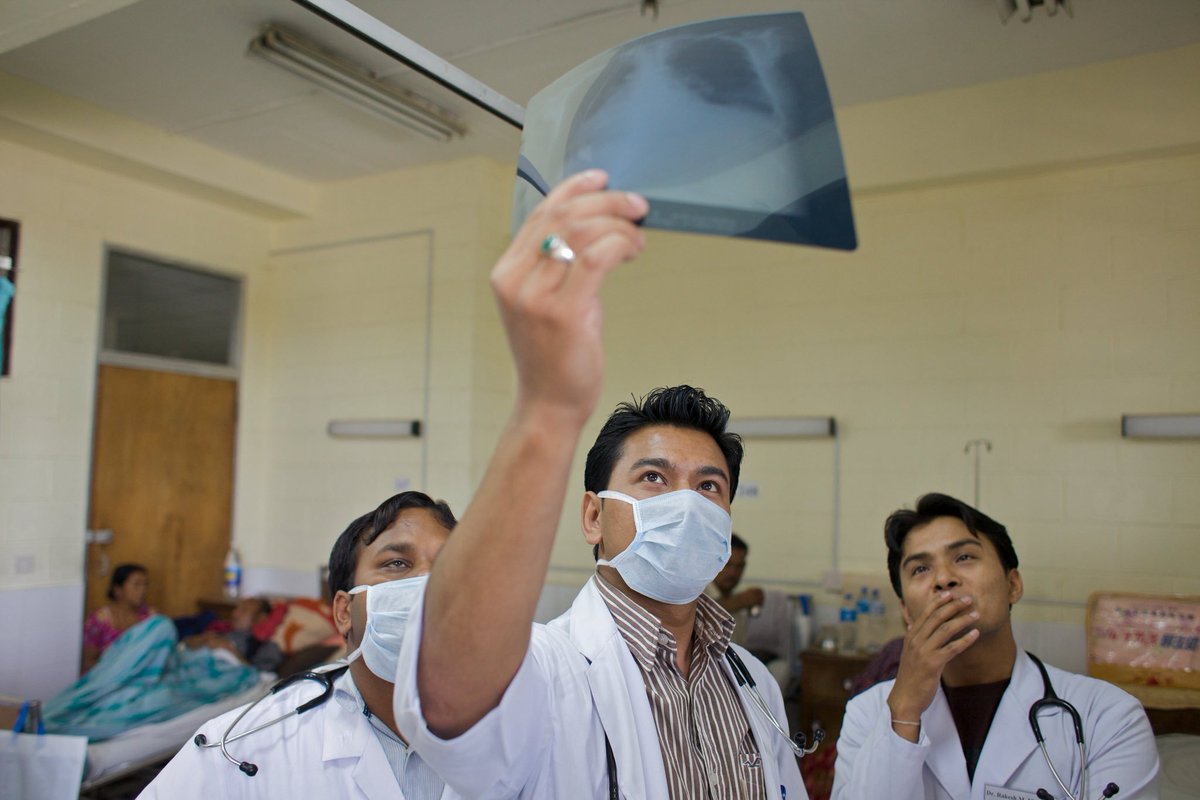
Vaccines are public health powerhouses that markets alone cannot deliver for all.
Featuring the first data of their kind since #COVID19, WHO's Global Vaccine Market Report calls for action to provide equitable access to these life-saving public goods bit.ly/3G1od4v
Featuring the first data of their kind since #COVID19, WHO's Global Vaccine Market Report calls for action to provide equitable access to these life-saving public goods bit.ly/3G1od4v

Inequitable distribution is not unique to #COVID19 vaccines.
Poorer countries consistently struggle to access products that are in-demand by wealthier countries, such as pneumococcal conjugate vaccines bit.ly/3G1od4v
Poorer countries consistently struggle to access products that are in-demand by wealthier countries, such as pneumococcal conjugate vaccines bit.ly/3G1od4v

Life-saving vaccines should be available everywhere.
Yet limited supply & unequal distribution means the HPV vaccine, which protects against #CervicalCancer, has only been introduced in 41% of low-income countries, compared to 83% of high-income countries bit.ly/3G1od4v
Yet limited supply & unequal distribution means the HPV vaccine, which protects against #CervicalCancer, has only been introduced in 41% of low-income countries, compared to 83% of high-income countries bit.ly/3G1od4v

Affordability is a major barrier to vaccine access.
Price differences are as high as 19-fold for the Bacillus Calmette-Guérin (BCG) vaccine.
While prices tend to be set according to income level, poorer countries can end up paying more than richer ones bit.ly/3G1od4v
Price differences are as high as 19-fold for the Bacillus Calmette-Guérin (BCG) vaccine.
While prices tend to be set according to income level, poorer countries can end up paying more than richer ones bit.ly/3G1od4v

Vaccines for emergencies are:
-Life-saving
-Typically of low commercial value
-In unpredictable demand
If limited investment continues, it could make crises even more devastating bit.ly/3G1od4v
-Life-saving
-Typically of low commercial value
-In unpredictable demand
If limited investment continues, it could make crises even more devastating bit.ly/3G1od4v

Although the number of vaccine manufacturers is increasing, 80% of the global supply of key vaccines is dependent on a handful of suppliers bit.ly/3G1od4v 

More regional research, development and manufacturing hubs will give people access to the vaccines they need most bit.ly/3G1od4v 

To deliver vaccines for all and save lives, we need:
🗒️ Rules for equitable vaccine distribution at times of scarcity
💉Robust government oversight for vaccines from development to procurement
🏭 Regional manufacturing hubs and stronger regulation
bit.ly/3G1od4v
🗒️ Rules for equitable vaccine distribution at times of scarcity
💉Robust government oversight for vaccines from development to procurement
🏭 Regional manufacturing hubs and stronger regulation
bit.ly/3G1od4v

• • •
Missing some Tweet in this thread? You can try to
force a refresh
















